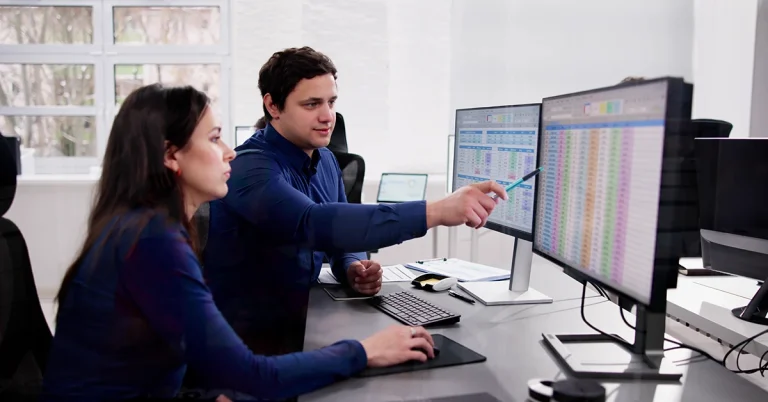UWorld Accounting Blog » UWorld CPA Blog
UWorld CPA Blog

Best Way to Study for the CPA Exam: Proven Prep Strategies
Conquer the CPA Exam confidently with this in-depth guide that explores the best way to study for the CPA Exam, sharing step-by-step strategies and top tools to help you pass on your first try.
Best Way to Study for the CPA Exam: Proven Prep Strategies Read More
Recent Articles

How Many Practice Questions Do I Need for CPA Exam?
If you’re wondering, “How many practice questions for CPA exam prep is enough?”, you’re not alone. This guide will help you strike the perfect balance between quality, quantity, and confidence.
How Many Practice Questions Do I Need for CPA Exam? Read More

Best Adaptive Learning CPA Review Course
Looking for the best adaptive learning CPA review course? Discover how top CPA review providers personalize your study path, focus on weaknesses, and boost your chances of CPA Exam success.

How CPA Exam Study Groups Can Help You
Join forces with fellow CPA candidates to boost your motivation, fill knowledge gaps, and stay accountable. Learn how study groups can power your exam success.
All Articles

Best CPA Review Course for International Students (2025–2026)
International students face a different CPA journey—standards, formats, and timelines. This guide reveals the best CPA review courses built to support global candidates through every step of the process.
Best CPA Review Course for International Students (2025–2026) Read More

Best CPA Review for Visual Learners vs Text-Based Learners
Are you a visual or text-based learner? Find out which CPA review format, video-based or textbook-driven, helps you learn faster and retain more.
Best CPA Review for Visual Learners vs Text-Based Learners Read More

Best CPA Review for Non-Accounting Majors
Struggling to find the right CPA prep as a non-accounting major? Learn why specialized courses matter and discover the best CPA review for non-accountants in 2025-2026.

Best CPA Review Apps – Study Anywhere, Anytime
Looking for a smarter way to study on the go? The best CPA review apps help you prep anywhere, anytime, whether you’re commuting, on a break, or squeezing in a quick practice session.

Best CPA Prep Programs for First-Time Test Takers (2025-2026 Guide)
Discover the best CPA prep programs for first-time test takers. Compare UWorld, Becker, Gleim, and Surgent. Get beginner tips, avoid common mistakes, and choose with confidence.
Best CPA Prep Programs for First-Time Test Takers (2025-2026 Guide) Read More

Best Order to Take CPA Exams in 2025-2026: Start Smart, Pass Confidently
Not sure where to begin your CPA journey? Learn the best order to take CPA exams in 2025-2026 and why starting smart improves your odds of passing all four sections.
Best Order to Take CPA Exams in 2025-2026: Start Smart, Pass Confidently Read More